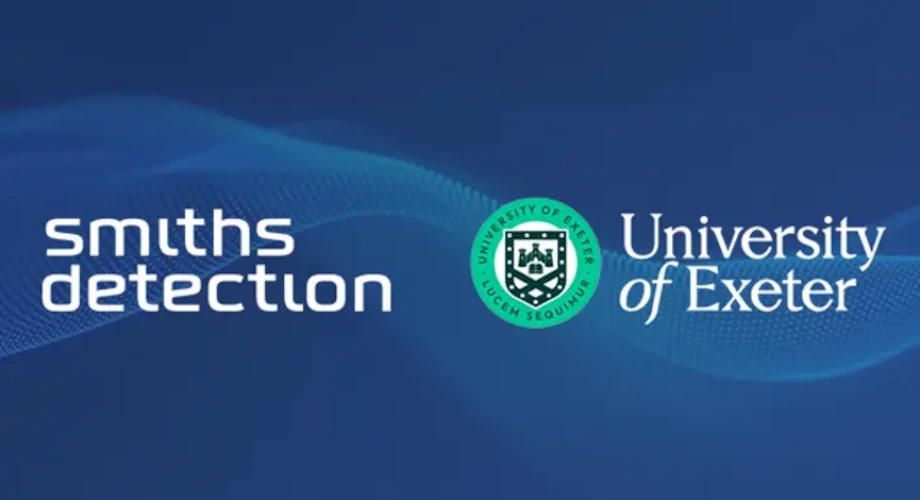Exciting research and student opportunities as part of new partnership with Smiths Detection

The University of Exeter has today (April 19) announced a new collaborative agreement with Smiths Detection focused on the improvement of airport security.
Smiths Detection are a global leader in threat detection and security screening technology and this new strategic partnership with the university will enhance its core training offering across the aviation sector and wider security screening market.
Over an initial four-year period, the university’s Virtual Immersive Training And Learning (VITAL) research group will work closely with Smiths Detection to better understand the needs of airport security staff. There will be a particular focus on screeners tasked with identifying threats and prohibited items in X-ray images.
The partnership will also allow students to take up validated work experience opportunities during their degrees, as well as joint secondment opportunities for Smiths Detection and University of Exeter employees.
Chris Evans, Divisional Director of Exeter Innovation at the University of Exeter, said: “This partnership with Smiths Detection provides a great opportunity for exciting research in the field of human performance and training. Smiths Detection commits to high-quality research and share our values in terms of supporting the career development of our junior researchers. Hopefully, this is just the start of a broader program of research that expands to new areas within the university and Smiths.”
VITAL, led by Professors Sam Vine and Mark Wilson, explores the multi-faceted concepts relating to the use of Virtual and Immersive technology for training, learning, and therapy. The focus of this research will primarily be on researching and understanding bespoke ‘human focused’ solutions that improve the performance of screeners, particularly when identifying novel and emerging threats.
VITAL will seek to better understand the visual search patterns of experienced aviation X-ray screeners, particularly with the incorporation of artificial intelligence. The findings will inform the development of training for novice screeners. The research group will also test and evaluate novice screener evaluation tools during the recruitment process to identify those with the greatest potential.
During the research VITAL will utilise its research capability and techniques, including eye tracking, immersive technology, experimentation, evidence synthesis, and data science, to test and analyse the new training solutions, as well as tackle fundamental research questions about the use of threat detection equipment and security operator training.
As the partnership progresses, the research work with Smiths Detection will expand to other departments at the university.
Dr Leanne Simpson, Smiths Detection Training and Documentation Director, said: “We are thrilled to be collaborating with an institution as renowned as the University of Exeter. This partnership is part of a larger program of work that is revolutionising the way we deliver training, ensuring we remain people focused. Training is a crucial part of our offering here at Smiths Detection as we strive to achieve our mission of making the world a safer place.”



